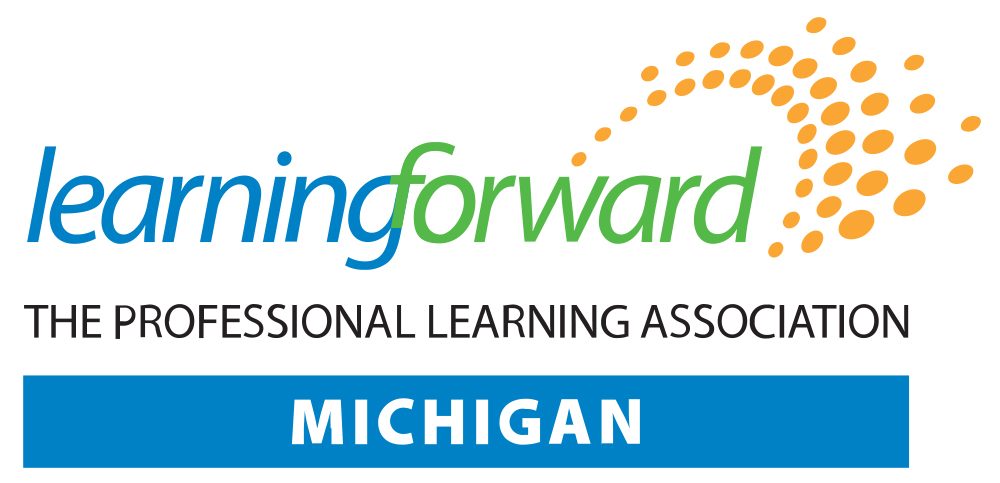The biggest problem in professional development is…
by Dennis Sparks
The biggest problem in professional development is that administrators and teachers significantly underestimate the amount of effort and time required to create the new habits of mind and behavior that are necessary to provide high-quality teaching and learning for all students.
One of the best and most accessible explanations of the challenges of shaping human understanding and practice is provided by Alan Deutschman in Change or Die: The Three Keys to Change at Work and in Life in which he explains that people are influenced to change through three linked elements he describes as relate, repeat, and reframe.
Relate underscores the importance of sustained relationships that inspire and sustain hope and provide support.
That means that:
- Teachers work in teams rather than in isolation and are accountable to one another for continuous improvement rather than to district offices or state education agencies.
- Teachers relationships exhibit high levels of trust and appreciation rather than distrust, blaming, and negativity.
- Teachers speak with candor and courage rather than evading discussion of important issues.
- Teachers are hopeful and energetic rather than victims of a “slow-death spiral” of distrust, anger, and stress.
You can learn more about promoting continuous improvement through positive relationships here.
Repeat means learn, practice, and master new skills until they become habits.
The cultivation of new habits requires intention, attention, and persistence across many weeks or months until mastery is achieved, a task often complicated by the tenacity of old habits.
The development of new habits begins with an initial learning that explores new ways of thinking and acting. It continues with the repetition of those thoughts and behaviors (often in the face of opposition from people who prefer the old habits) until new ways of thinking and acting have become routine.
An example of what may be required for leaders to alter their own behavior—which is almost always a precursor to influencing the behavior of others—is provided here.
Reframe means providing new ways of thinking about a situation. Because established frames resist facts and reasoned arguments, deep-rooted beliefs and conceptual frameworks must be identified and altered to support desired changes.
Conceptual frames are the mental organizers we use to think about things. Our thinking, and hence our ability to change, is limited by these deeply rooted, beneath-the-surface system of beliefs and ideas. While often difficult to alter, frames can be changed. The process begins with awareness of the dominant frame and its influence on practice, and continues by identifying alternative frames that better serve student learning.
Strategies for promoting reframing can be found here.
Although Change or Die is not explicitly about education, it explains why well-intentioned innovations more often expire than thrive.
A problem, Deutschman says, is that leaders too often rely on relatively ineffective change strategies—facts (human beings are not as rational as we think we are), fear (at best it’s a short-term motivator), and force (there are many ways it can be resisted) to promote change.
Instead, successful change efforts in schools:
• offer a sense of hopefulness that student learning can be improved through a genuine sense of community and teamwork that supports the implementation of new practices (relate),
• provide sustained learning to enable the acquisition of new habits of mind and behavior (repeat), and
• enable the development of new conceptual frameworks aligned with the innovation (reframe).
Do you agree that administrators and teachers often underestimate the intensity and duration of learning that is required to meaningful influence thinking and behavior?

Our Vision
Equity and excellence in teaching and learning.
Our Mission
Learning Forward Michigan builds the capacity of leaders to establish and sustain highly effective professional learning.
Standards and Impact
Supports the implementation of standards and examines evidence to strengthen and document the impact of professional learning.
Leadership and Practice
Builds the capacity of its members, clients, partners, and staff to establish and sustain effective professional learning.
Advocacy and Policy
Advocates for policies and practices that strengthen the field of professional learning.

